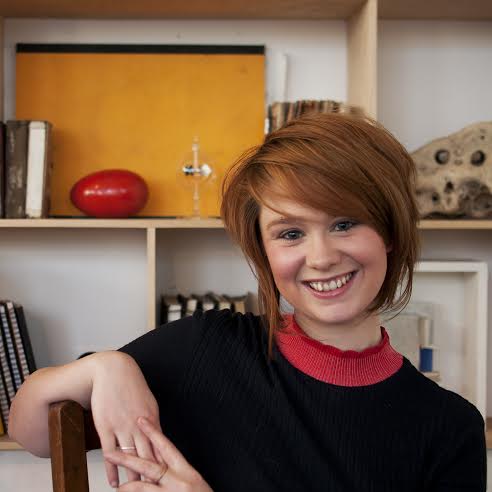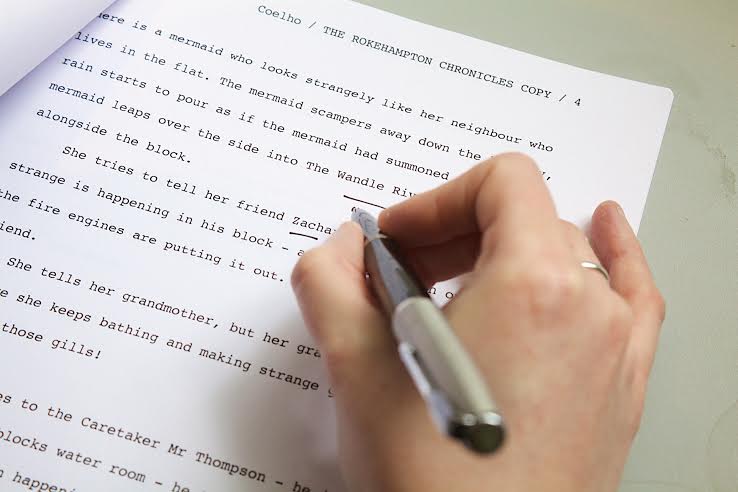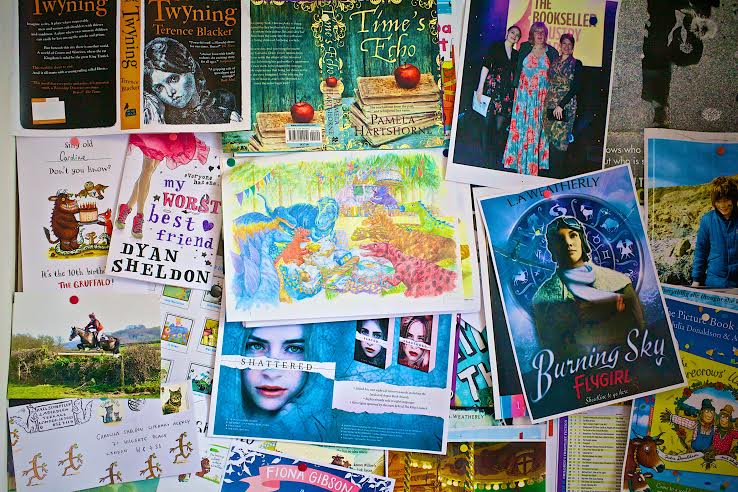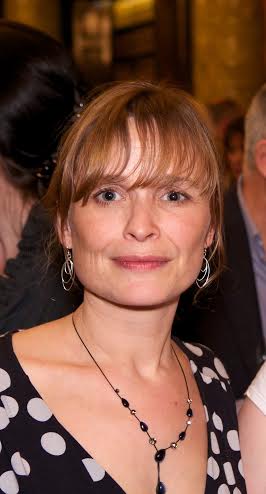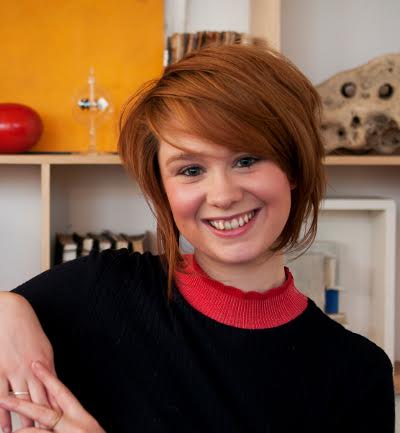Newly appointed literary agent Felicity Trew describes a day in the life of one the top literary agencies, the Caroline Sheldon Literary Agency.
By the time I get on the bus in the morning, I’ve already visited 50 different worlds… through my submission inbox. I never know where it’s going to take me.
I start my day meticulously trawling through the new manuscript adventures on an iPad, my portable office and library. I get hundreds of emails from hopeful authors each week with stories ranging from lovesick demons to 14th century political deviants. There is a lot that is not suitable for my list but every now and then I find a gem.
You can sum an agent in three words: talent-spotter, advocate and counselor. Our responsibility is to find the best authors and to bring out the best in them.
And book writing is 90 per cent idea, writing and 10 per cent editing that into something really rich and attention-grabbing.
So a substantial part of my morning is spent helping authors tighten their manuscripts into a powerful punch of literature for the publishers. Sometimes that can even mean sitting down with an author lost in a plethora of ideas and choosing the strongest option.
Most outsiders think the book world is a cosy industry of coffee cups and cupcakes, but it is a crowded business – which makes it tough but exciting. So after reaching out and responding to my clients, who come first, I tackle the contracts to get the day going.
The one reason a writer needs an agent is that legal document which exists for the lifespan of the book and controls everything from advances to film, TV, radio, theatre, eBook and merchandising rights. The contract can make or break an author. Get one sentence wrong and you’ve lost everything for a lifetime.
Agents feel a huge responsibility to give authors the best chance at carving out space on that cluttered bookshelf. But it’s also a dynamic dance with the publishers. My job is to make sure all sides are happy, that the terms are clear and fair.
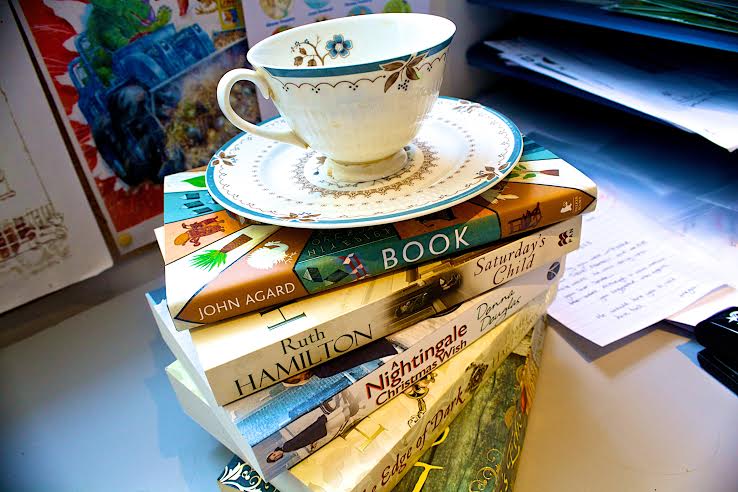
Lunch breaks are rarely breaks. They are spent negotiating details with publishing houses and putting forward our best and newest work – as well as tapping into what publishers and readers want.
Right now the time-tested solid trend is the saga: it is a natural development, people don’t want to feel abandoned by the characters they have grown to love after just one book. Escapism in the form of traditional fantasy and historical fiction are both definitely on the rise. But I always encourage my writers to write what they know and love irrespective of market trends.
The afternoon is spent preparing for the book fairs and literary festivals.
The next big event on my calendar is the London Book Fair in April: a bustling marketplace of the international book world, where all the big deals are made and names forged. Every major publisher, book seller, literary scout and agent descends on the sprawling venue – which this year is Kensington Olympia – hoping to buy and sell their wares.
It’s months of preparation: chasing authors with their deadlines, helping them shape their work, building eye-catching presentations and then networking to set up those all-important meetings to make sure our authors get heard above the crowd.
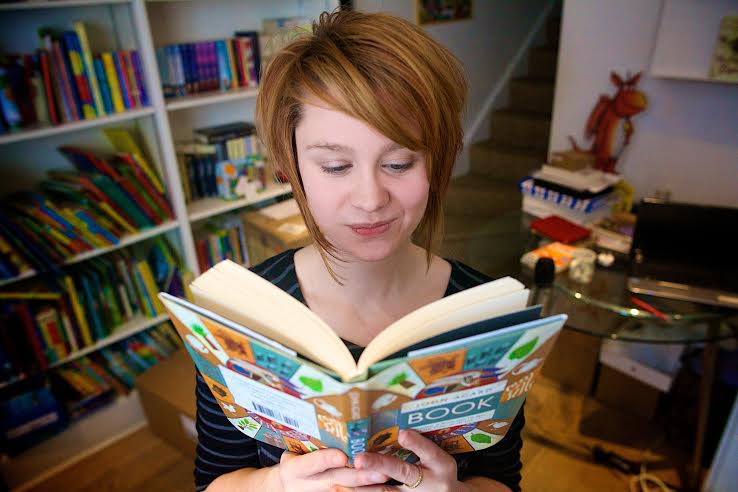
But book festivals are my real love – as it’s a chance to meet writers face-to-face, which is ultimately why I do my job.
This year, I’ve been asked to give several talks: an opportunity to offer advice to new authors. The next is the Literary Festival in Wycombe in April at the Downley Community Centre, followed by the SCBWI retreat in May and Winchester’s Writers Conference in June.
The most frequent question I’m asked by new authors is how to approach a literary agent. The simple answer is: know your agent. Study their author lists, read their statements and their authors’ works, follow them on social media, find out what they are looking for and address that in your covering email. And do not send round robins or even worse accidentally address a rival agent (it has happened). Beware, the delete button beckons.

After a busy day rushing between appointments, lunches and meetings the long bus journey home is an opportunity to catch up on industry news, looking at the latest signings, best sellers and mergers.
And maybe – just maybe – I might just read book of my own.

